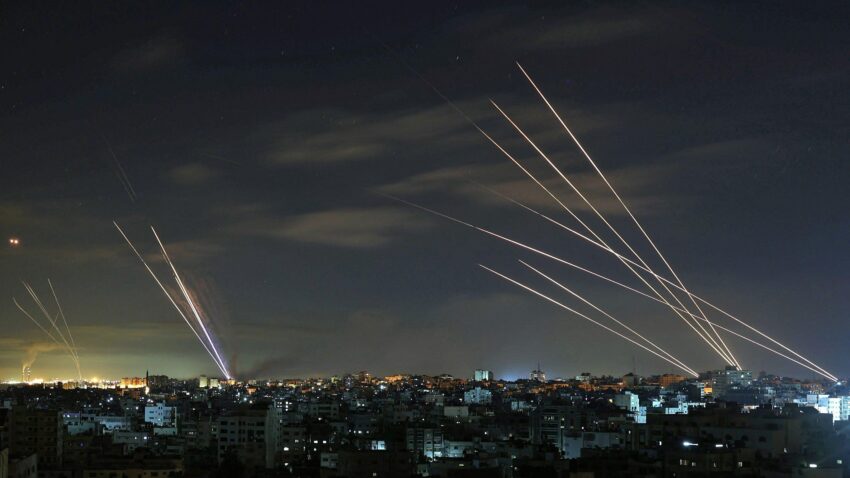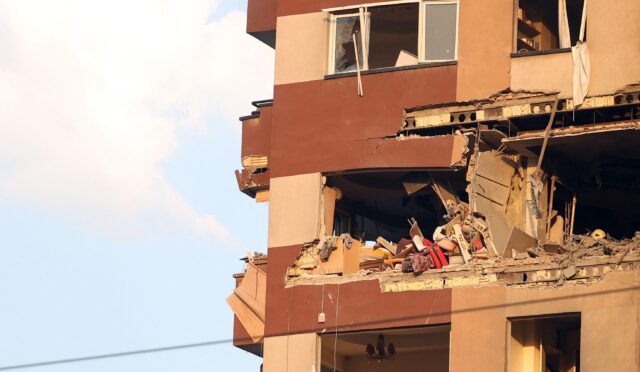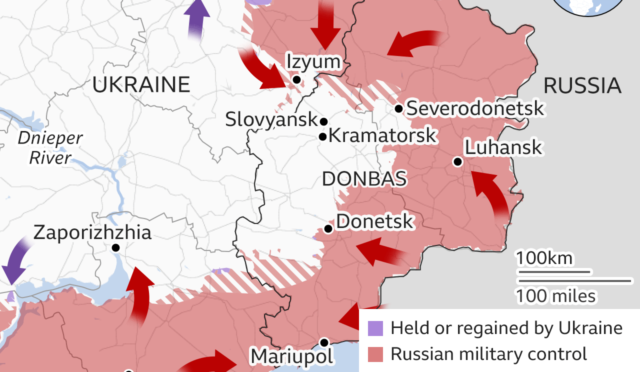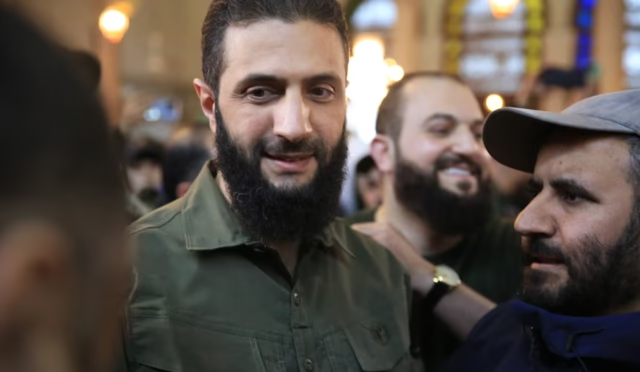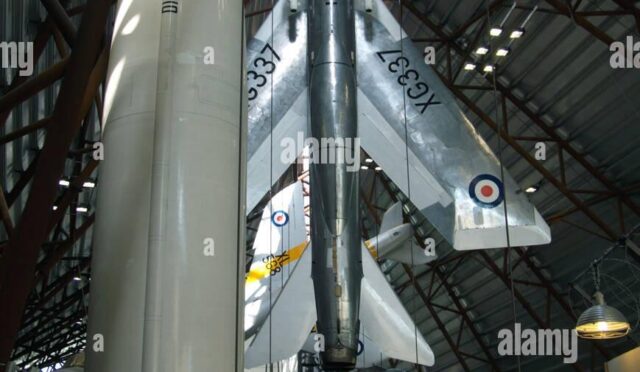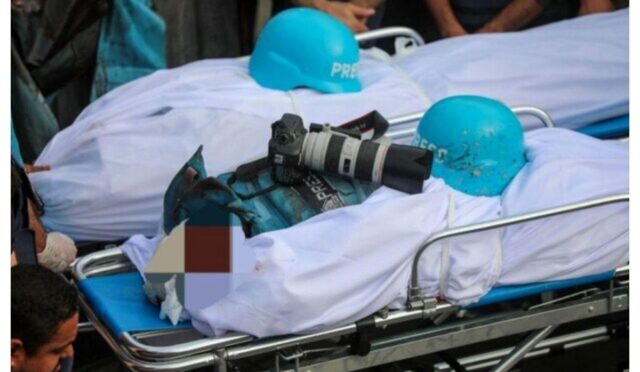Israeli Missile Attacks: Soroka Hospital Hit in Latest Strike
In a dramatic escalation of hostilities, southern Israel faced heavy missile bombardment on Thursday morning, with the Soroka Hospital in Beersheba among the multiple targets struck. This latest onslaught, attributed to Iranian forces, resulted in at least 47 reported injuries across affected areas, including two towns near Tel Aviv.
Prime Minister Benjamin Netanyahu condemned the attacks, asserting that Iran would “pay a heavy price” for targeting civilian facilities. He posted a message on X, stating, “This morning, Iran’s terrorist dictators fired missiles at Soroka Hospital… and at civilians in the center of the country. We will make the tyrants in Tehran pay a heavy price.” Defense Minister Israel Katz echoed these sentiments, revealing that military operations against Iran will be significantly escalated.
Damage Assessment at Soroka Hospital
A spokesperson from Soroka Hospital confirmed that the facility experienced substantial damage, advising the public to refrain from visiting while assessments were underway. The hospital plays a critical role in servicing southern Israel, including treating military personnel wounded in the ongoing conflict.
Visuals captured by AFP showed dense smoke rising from the hospital site, underscoring the severe impact of the missile strikes. In addition to Soroka, nearby towns such as Ramat Gan and Holon reported structural damage after being targeted in the prolonged assault that began last Friday.
Casualties and Injuries from Missile Strikes
Israel’s Magen David Adom (MDA) rescue service detailed the human toll of the missile strikes, noting 47 individuals sustained injuries, with 18 more sustaining injuries while seeking shelter. Among the injured, three individuals are in serious condition, while two others are reported to be in moderate condition.
The MDA spokesperson specified that an additional 42 people suffered minor injuries from shrapnel and blast trauma, emphasizing the chaos and panic that ensued as civilians attempted to escape the incoming missiles.
Attribution of War Crimes
In a pointed statement, Defense Minister Katz characterized the missile barrage as one of the most egregious war crimes, asserting that Iran’s Supreme Leader, Ayatollah Ali Khamenei, would be held accountable for these actions. His rhetoric marked a significant escalation in the narrative surrounding the conflict.
Katz further revealed plans to intensify attacks on key Iranian targets, including striking critical infrastructure within Tehran aimed at undermining the regime and ensuring the safety of Israeli citizens.
Alarm Systems and Military Response
As the situation unfolded, alarm sirens sounded throughout Israel, alerting residents to the incoming threats as the military intercepted missiles from Iran. Reports from AFP indicated that loud explosions rocked Tel Aviv and Jerusalem, marking one of the most intense moments since the commencement of the current conflict.
A military official confirmed the launch of “dozens of ballistic missiles,” making it clear that the hostilities are poised to escalate further. Notably, explosions were reported in Jerusalem around 7:10 AM, coinciding with the activation of air defense systems.
Public Reaction and Safety Concerns
In the wake of the attacks, residents expressed deep concern for their safety, as sirens pierced the morning silence in Tel Aviv. Following the initial alerts, the military issued an all-clear signal approximately half an hour later.
The ongoing conflict, now heightened by these missile strikes, has resulted in widespread anxiety among the populace, many of whom are grappling with the impacts of urban warfare in their daily lives.
International Reactions and Implications
The international community’s response to the ongoing conflict continues to develop, with concerns growing about the implications of Iran’s military actions on regional stability. Countries have begun to voicing their outrage at the escalation of violence, highlighting the importance of diplomatic discussions.
Analysts anticipate that these recent missile attacks will provoke further retaliatory measures from Israel, potentially leading to a wider regional conflict that could draw in neighboring nations.
Future Military Operations
Looking ahead, Israeli military operations are expected to focus on preemptive strikes against missile launch sites and Iranian military infrastructure. The government has signaled a commitment to safeguarding its citizens from further attacks, indicating a readiness to engage in prolonged military action.
As the situation develops, military strategists are assessing the effectiveness of ongoing operations, with a keen eye on minimizing civilian casualties while targeting terrorist capabilities within Iran.
The Role of Media in Conflict Reporting
Amidst this turmoil, the role of media outlets in accurately reporting the conflict has become even more critical. Journalists are tasked with navigating the complexities of war reporting, ensuring that the realities on the ground are conveyed while maintaining a commitment to impartiality.
The presence of reporters in affected areas not only informs the public but also holds military and governmental actions accountable as the situation evolves.
Conclusion and Ongoing Developments
As hostilities between Israel and Iran persist, the world watches closely. Each missile strike and response by Israel sets the stage for potential shifts in the geopolitical landscape, with ramifications that extend far beyond the immediate conflict.
With both nations bracing for continued escalation, the prospect for resolution remains uncertain, leaving citizens in Israel and Iran to navigate the challenges posed by warfare in their daily lives.
